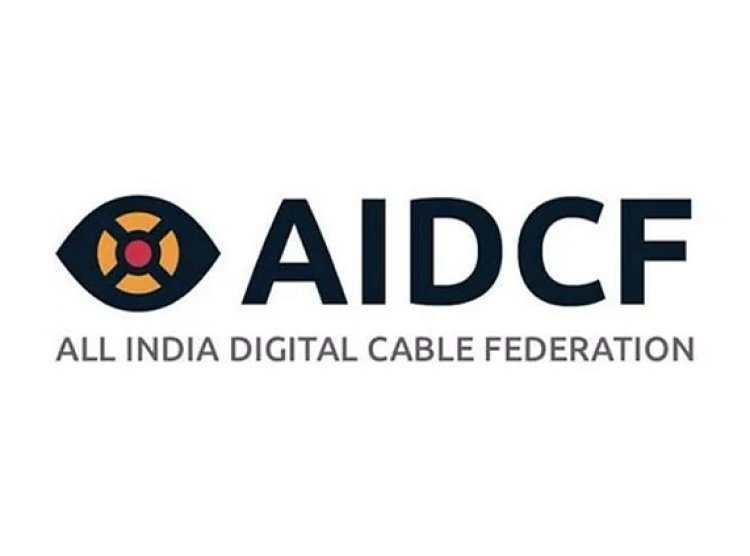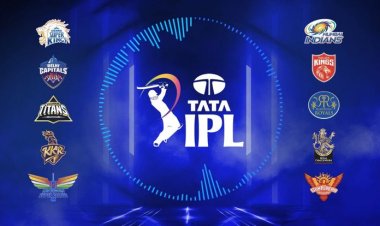AIDCF's Misleading Remarks on New TV Price Regime Debunked: TRAI and Broadcasters Respond
The All India Digital Cable Federation (AIDCF) recently made inaccurate remarks regarding the new TV price regime, which has been countered by TRAI and broadcasters.

The All India Digital Cable Federation (AIDCF) made some inaccurate statements about the new TV price regulations, which were countered by the Telecom Regulatory Authority of India (TRAI) and broadcasters. On February 1, 2023, the new price regulations for TV channels went into effect, following a comprehensive consultative process conducted by TRAI. The announcement of the amended Regulations and Tariff Order was made on November 22, 2022. AIDCF and its members participated in the consultative process and were informed about the timelines set by TRAI. They were aware that TV channels could only be provided under a signed interconnect agreement. As of today, all broadcasters, all DTH providers, and most cable operators, including some AIDCF members, have implemented the amended regulatory framework. More than 90% of the DPOs have signed the revised interconnect agreement issued by the broadcasters, choosing to comply with the law and ensuring that the service is not disrupted for most subscribers.
The new pricing regime allows subscribers to choose whether to select one channel or a bouquet of channels. The maximum monthly subscription fee for a channel to be included in a bouquet is INR 19/-, which is significantly lower than the price of essential items in the country. However, AIDCF has tried to invoke consumer sentiment about the price increase, which is contradicted by their attempt to increase the portion of the consumer bill that goes only to AIDCF members, i.e., Network Capacity Fees (NCF).
TRAI's 2017 regulations introduced a separate charge for Network Capacity Fees (NCF), which DPOs charge and collect from subscribers for providing access to TV services. DPOs collect subscription fees in advance from consumers but delay passing the share to broadcasters. The increase in prices during implementation is mainly due to the demand for a hike in the NCF by DPOs and not due to an increase in channel prices. Despite not providing any pay TV channel against this charge, subscribers bear the burden of this cost, leading to an increase in the cost of TV services. The AIDCF's claim that TV channel prices are being driven up by broadcasters, and that 45 million households have been affected by channel disruption, is entirely untrue. Having not been granted any interim relief in multiple High Courts, AIDCF is seeking to invoke public sympathy through a false narrative.
Broadcasters are not legally obligated to offer any additional opportunities to AIDCF members. However, they provided such DPOs with an additional 48 hours to sign the revised interconnect agreement to continue receiving TV signals without interruption, taking into account the interests of subscribers. As some operators have agreed to the revised Interconnect offer, members of AIDCF have opted to disregard it and intentionally declined to sign it. Consequently, broadcasters have been left with no lawful alternative but to terminate TV services for DPOs that have failed to adhere to the regulatory framework.
Additionally, not only is AIDCF violating the law, but it is also keeping over 25 Mn subscribers captive for its own economic gains, while simultaneously spreading deceptive information. The press release issued by AIDCF amounts to an attempt to influence the public regarding the matter pending consideration before the court. Due to their non-compliance, a minority of DPOs have not yet signed, and this is causing consumers to be deprived of their favorite channels. However, the majority of DPOs have already signed.
In this situation, the Indian Broadcasting and Digital Foundation (IBDF) is requesting impacted viewers to approach other operators to subscribe to their preferred channels. Consumers are the most important aspect of any broadcaster's strategy, and AIDCF members are causing inconvenience to them by making false claims and leaving them without access to their favorite shows for their own selfish reasons.












